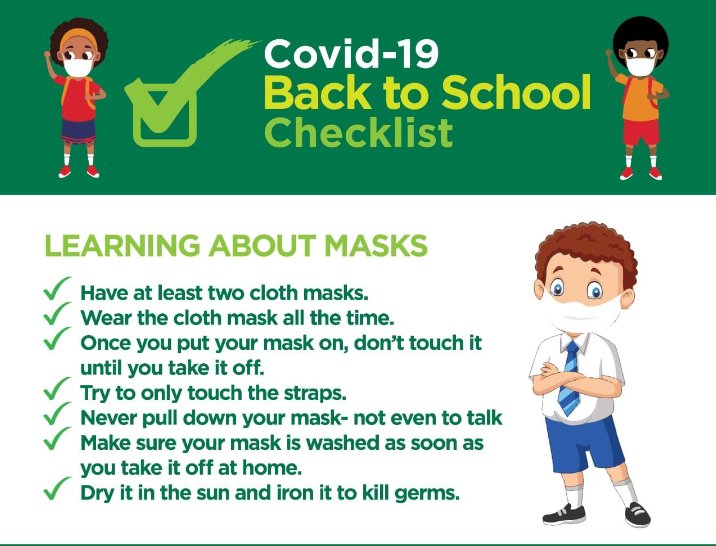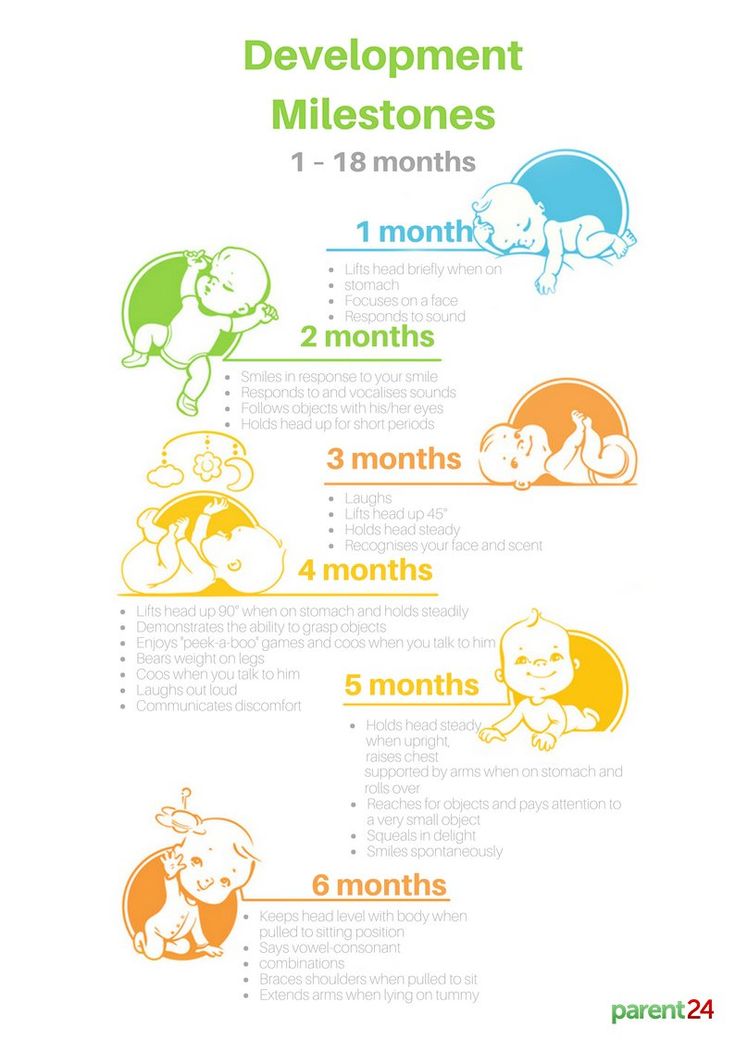How to increase immune system of child
Boosting your child’s immune system
As we go through another school year under the cloud of the COVID-19 pandemic, many parents are asking: What can we do to keep our children healthy? Are there ways to boost the immune system and ward off COVID-19 and other illnesses?
The answer is yes — but there are no magic wands or magic supplements. The best way to keep the immune system healthy is, basically, to take necessary steps to keep healthy. As boring as that sounds, it’s tried and true.
Here’s what you can do to help keep your children healthy this school year.
Give them a healthy diet
By "healthy" I mean a diet with lots of fruits and vegetables (five servings a day are recommended, and they should take up half of every meal plate), whole grains, and lean protein. A healthy diet also has dairy or another source of calcium, and healthy fats, like vegetable oils.
The foods to avoid are processed foods, foods with added sugar, and foods with unhealthy fats, like the saturated fats found in animal products. That doesn’t mean your child can’t ever eat cookies or ice cream. But if you want to your child to be healthy, they shouldn’t eat those foods every day. (The Academy of Dietetics and Nutrition has suggestions for healthier baked goods and other ways to make your family’s diet healthier).
There are many supplements that claim to boost your immune system. While the jury is still out as to whether most of them make a real difference, none of them take the place of a healthy diet. If you have a child who refuses vegetables or otherwise has a limited diet, a multivitamin with iron may make sense; talk to your doctor about whether vitamins or supplements are a good idea for your child.
Make sure they get enough sleep
We all need sleep to refresh and recharge our bodies, and that includes children. The amount of sleep a child needs varies by age (from 12 to 16 hours a day for infants to eight to 10 hours for teens) and also from child to child (some just need more than others).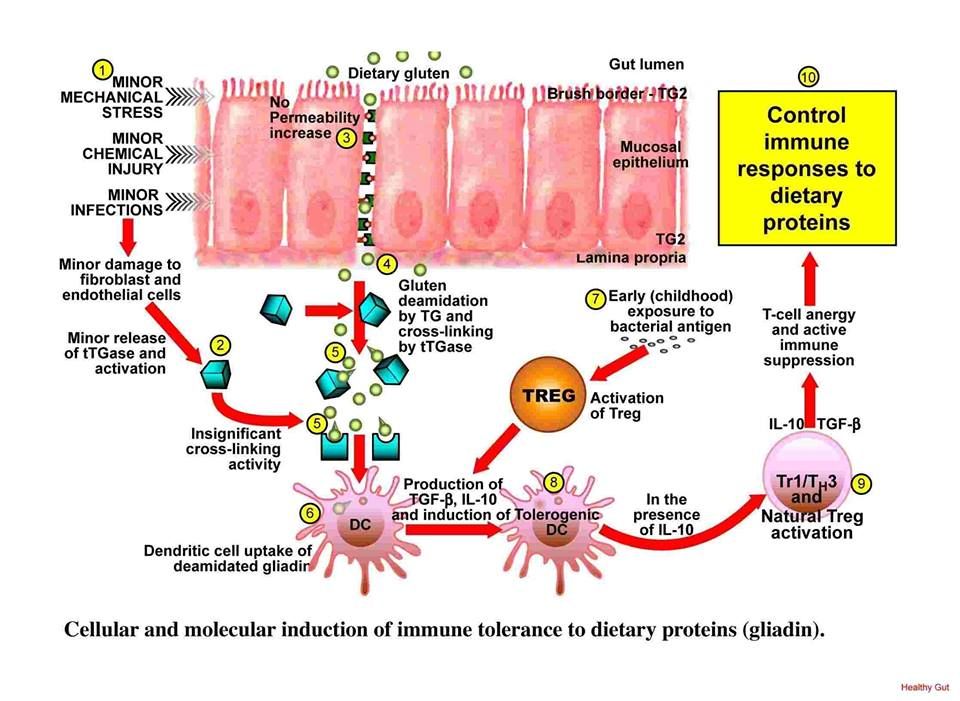 You can encourage healthy sleep by limiting screens — for teens, devices really should be shut off an hour or two before bedtime and preferably not be in the bedroom at night — and keeping to a regular schedule.
You can encourage healthy sleep by limiting screens — for teens, devices really should be shut off an hour or two before bedtime and preferably not be in the bedroom at night — and keeping to a regular schedule.
Get them active
Exercise keeps us healthy and less likely to get sick. Children should really be active for an hour a day. "Active" doesn’t have to mean playing a sport or going to the gym; it could be playing at the playground or going for a walk. More is not necessarily better; if you have a child who is a serious athlete, exercising several hours a day, make sure that the exercise isn’t eating into sleep or causing burnout, both of which could cause problems with the immune system. Speaking of which…
Manage stress
Stress makes us less healthy and more prone to infection. Make sure that kids have downtime to play, and access to activities and people that make them happy (or whatever version of that the pandemic allows). Spend time together as a family, and create opportunities for your children to talk about anything that might be worrying them.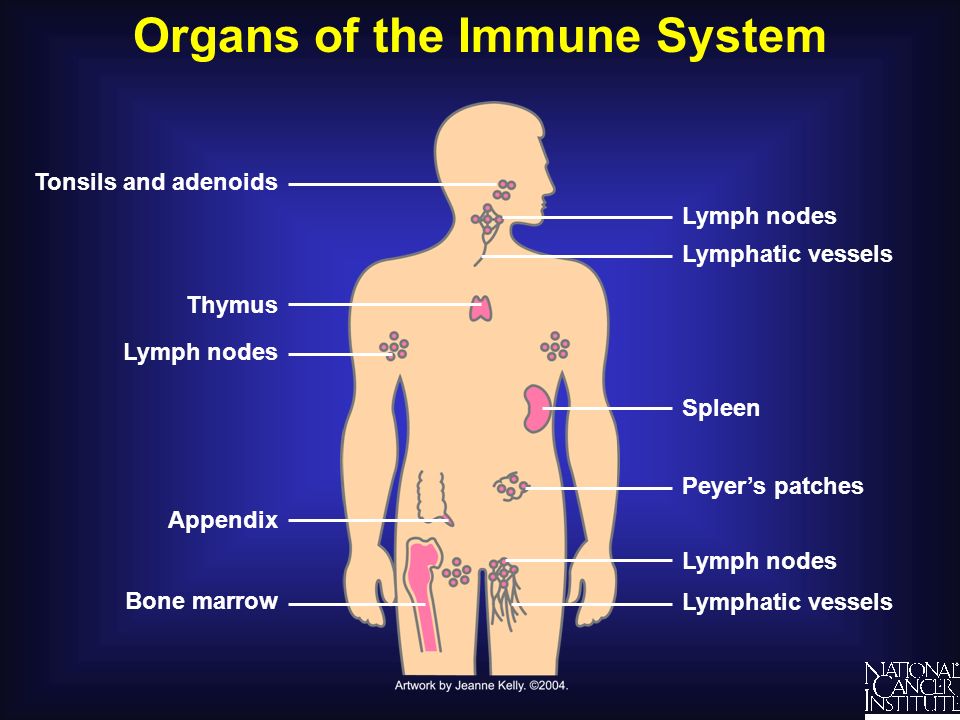 The pandemic has made many children depressed or anxious, so if you have concerns about your child’s moods or emotional health, talk to your doctor.
The pandemic has made many children depressed or anxious, so if you have concerns about your child’s moods or emotional health, talk to your doctor.
Make sure they are up to date on important vaccines
Immunizations protect us from all sorts of illnesses. Check with your doctor to see if your child is up to date on immunizations. The flu shot is recommended yearly for all people 6 months of age or older, and will be particularly important this year: not only is the combination of influenza and COVID-19 a bit frightening, but every cold symptom this winter means lost school or work while waiting for test results. And please, vaccinate everyone in your family who is eligible against COVID-19; it is safe and makes a big difference when it comes to preventing severe disease.
Don’t forget the simple precautions
Everyone in the family can take simple precautions to help stay healthy. Wash your hands. Cover your coughs and sneezes with your elbow. Stay away from sick people to the extent that you can.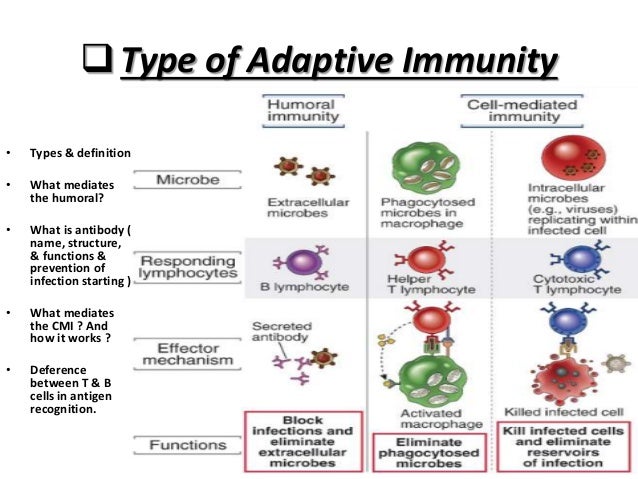 Masks can help, too, especially in crowded indoor spaces.
Masks can help, too, especially in crowded indoor spaces.
If your child has a health problem that could make it harder to fight off an infection, talk to your doctor about any extra or different precautions you should take.
Follow me on Twitter @drClaire
How To Build Up Your Child’s Immune System – Cleveland Clinic
When your kids are starting a new school year and heading back to the classroom, immunity is always a big concern for parents as cold and flu season looms ahead.
With COVID-19 still circulating this fall, getting vaccinated and following guidelines for good health hygiene are a start.
But kids and toddlers still need certain nutrients and vitamins to help boost their immune systems to aid in protecting against all the other germs they’ll face, either in the classroom or at home.
Knowing the best foods that can help boost immunity can assist you when meal planning for your child, whether that’s mealtime or an afterschool snack.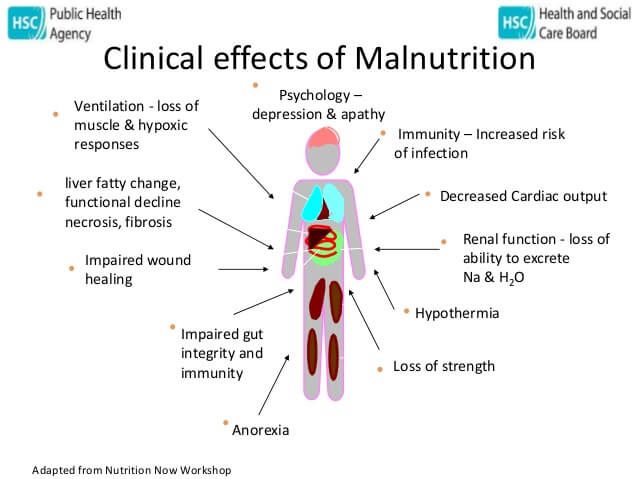
We spoke with registered dietitian Julia Zumpano, RD, about the best things for kids to eat and drink to help charge up those immune systems and avoid the typical coughs and sniffles of the school year.
Can you boost immunity with supplements?
In some cases, supplements can be an immune booster for kids. These are the supplements that are verified by third-party vendors, Zumpano says. “That means, another party has come in and checked that vitamin to verify its quality,”
But in general, “we really encourage food, not supplements,” Zumpano says. “Supplements aren’t regulated in the U.S. And because there’s no regulating body around these supplements, we’re not 100% sure a supplement is actually giving us what it claims.”
There are times, though, when supplements make sense. “Maybe you’re dealing with a picky eater or you’re struggling with a kid’s diet to get them the nutrients they need,” Zumpano says. “In those cases, supplements can help.”
Boost immunity with vitamin D
While your kids can get most of their vitamin D by soaking up sunshine, that’s harder to do when using sunscreen, during the cooler months and during the school year. Foods that provide the highest amounts of vitamin D also aren’t on a kid’s typical menu. These include fatty fish (like trout, salmon, tuna and sardines) and mushrooms.
Foods that provide the highest amounts of vitamin D also aren’t on a kid’s typical menu. These include fatty fish (like trout, salmon, tuna and sardines) and mushrooms.
Fortified foods such as milk, yogurt, orange juice and non-dairy milk alternatives (like soy or almond milk) provide about 5% to 25% of the recommended daily amount of vitamin D, Zumpano notes.
However, she adds that as vitamin D is a fat-soluble vitamin, it’s absorbed best when taken with fat. Keep this in mind when your kids are consuming vitamin D. If a food already contains fat naturally (for example, fatty fish and whole milk), it’s not a concern. When a food doesn’t (like orange juice or some dairy alternatives), you’ll want your kids to pair it with a meal or snack containing fat.
Are vitamin D supplements needed?
A supplement might be necessary if the level of vitamin D in your child’s blood is below the normal range. But there’s some disagreement over the parameters of a normal range.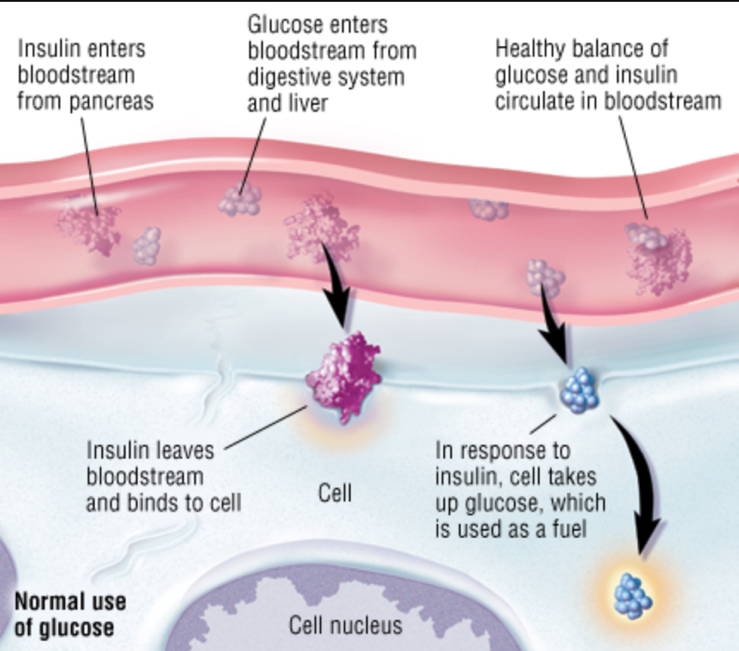 Generally, kids are considered to have a vitamin D deficiency when their blood value is below 20. But some health data indicates that anything above 12.5 is considered safe, while others claim values below 30 are considered insufficient.
Generally, kids are considered to have a vitamin D deficiency when their blood value is below 20. But some health data indicates that anything above 12.5 is considered safe, while others claim values below 30 are considered insufficient.
Advertising Policy
If you’re concerned your kid’s vitamin D levels are low, Zumpano suggests getting a blood test. You and your child’s pediatrician can determine the best next steps based on the results, including what dosage of a vitamin D supplement might make sense.
The amount of vitamin D you need each day depends on your age. Average daily recommended amounts for kids and adolescents are listed below in micrograms (mcg) and International Units (IU):
- Birth to 12 months: 10 mcg (400 IU).
- Children 1–12 years: 15 mcg (600 IU).
- Teens 13–19 years: 15 mcg (600 IU).
Boost immunity with zinc
One of the most important minerals that can help a kid’s immune system is zinc, Zumpano says. “It’s typically found in protein-based foods. So oysters, red meat and poultry are some of the best sources.”
So oysters, red meat and poultry are some of the best sources.”
Beans and nuts are also a good source of zinc, she says, though the animal-based foods will deliver more of the mineral.
According to the National Institute of Health (NIH), the recommended daily intake of zinc for kids is:
- Birth to 6 months: 2 mg.
- Infants 7–12 months: 3 mg.
- Children 1–3 years: 3 mg.
- Children 4–8 years: 5 mg.
- Children 9–13 years: 8 mg.
- Teens 14–18 years (boys): 11 mg.
- Teens 14–18 years (girls): 9 mg.
But be careful — the NIH also notes it’s possible to have too much zinc, which can result in nausea, vomiting, loss of appetite, stomach cramps, diarrhea and headaches. According to the NIH, the upper limits of daily zinc intake are:
- Birth to 6 months: 4 mg.
- Infants 7–12 months: 5 mg.
- Children 1–3 years: 7 mg.
- Children 4–8 years: 12 mg.
- Children 9–13 years: 23 mg.
- Teens 14–18 years: 34 mg.
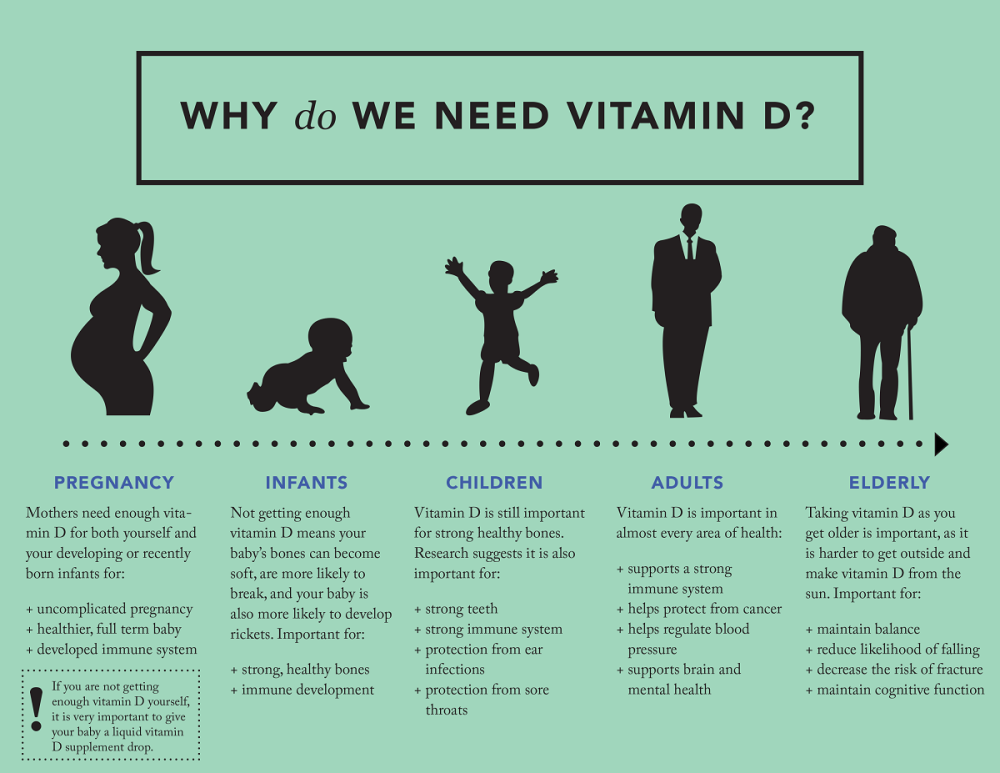
Boost immunity with probiotics
Zumpano says it’s also important to give kids a good source of probiotics. “Our gut harnesses a tremendous amount of bacteria. Some are healthy and some are not, and probiotics help create a better balance of that healthy versus unhealthy bacteria.”
Not only do a lot of yogurts contain probiotics, Zumpano points out, but it’s also a popular food with kids.
Fermented foods, she adds, are also a good source. These include:
- Kefir.
- Sauerkraut.
- Pickles.
- Miso.
Apple cider vinegar is a good way to work probiotics into a diet, too.
Boost immunity with prebiotics
Additionally, you should be sure to get your kids prebiotics. Prebiotics are plant fibers that stimulate the growth of good bacteria. Excellent sources of prebiotics are:
Advertising Policy
- Green bananas or plantains.
- Jicama root.
- Yams.
- Asparagus.
Boost immunity with nuts and seeds
Alpha-linolenic acid (ALA), which is the plant form of omega-3 fatty acids, is shown to fight illness, Zumpano says. Good forms of ALA include:
Good forms of ALA include:
- Walnuts.
- Pumpkin seeds.
- Hemp seeds.
- Chia seeds.
- Ground flaxseeds.
Zumpano also considers nuts and seeds as power foods for the multitude of nutrients they provide. Just to name a few:
- Protein.
- Fiber.
- “Good” fats, like mono- and polyunsaturated fats.
- Potassium.
- Magnesium.
- Zinc.
- Copper.
- Manganese.
- Vitamins E, B6, B12 and A.
Boost immunity with fruits and vegetables
This might sound pretty general, but these are always good standbys. Fruits and veggies provide various antioxidants, which protect cells from damage and disease.
Foods rich in antioxidants include:
- Berries.
- Green vegetables such as broccoli.
- Dark, leafy greens like spinach, kale, collard and mustard greens.
“These power foods pack a punch when it comes to vitamins and nutrients like vitamins A, C, E, B2, B6, K, potassium, folate, magnesium, potassium and zinc,” Zumpano says.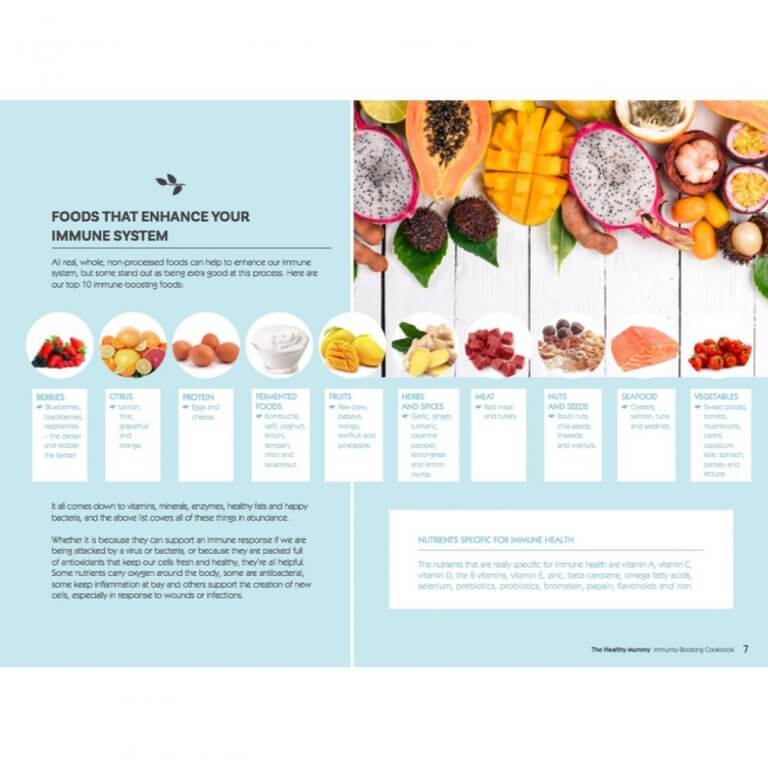
And, of course, vitamin C is key to boosting immunity, and is available in various citrus fruits like oranges, lemons, limes and grapefruit. “Strawberries are great sources for vitamin C, too,” she adds.
Boost immunity with sleep
It’s not just food that can help your kids stay healthy throughout the school year. In fact, Zumpano says that good sleep habits are essential for kids.
“Good, restful sleep is crucial for kids,” she says. “Sleep is when our bodies rest, regenerate and heal. It’s an essential part of keeping our immune systems functioning as best they can.”
Boost immunity with exercise
Exercise is also important because physical activity can help keep your body resilient and more likely to fight off infections. “Make sure your kids keep their bodies moving,” Zumpano advises.
Boost immunity by reducing stress
Another way to help kids be healthy is minimizing stress and anxiety, an admittedly tall task given the ongoing pandemic and the effects it has on kids.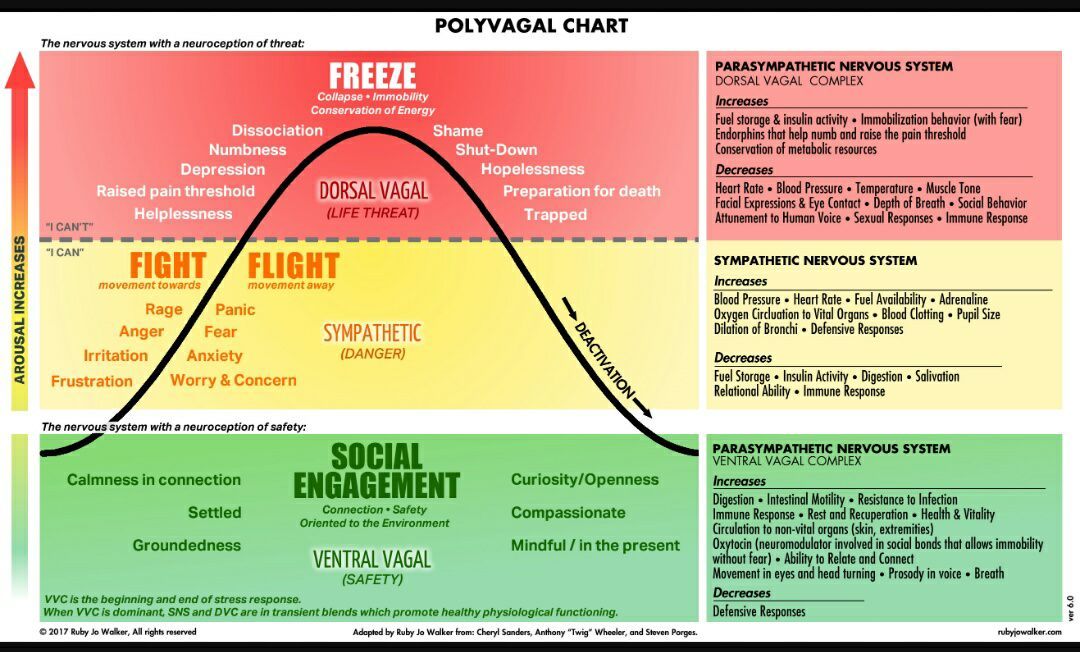 From concerns about getting sick to the stress of being separated from friends, it’s a tough time for kids and mindfulness can help.
From concerns about getting sick to the stress of being separated from friends, it’s a tough time for kids and mindfulness can help.
“Deep breathing, meditation and communication can help pinpoint sources of anxiety and stress,” Zumpano says. “Talk to your kids about ways that you can work together to minimize any negative feelings they may be having during these uncertain times.”
How to increase immunity in a child: critical periods, folk remedies
How to increase immunity in a child, and what are “folk remedies to increase immunity? This issue usually begins to bother parents 2-3 months after the child starts attending kindergarten, but this is if the child is the first in the family. And if the second or third, then the problem in the form of incessant snot and, as a result, a prolonged cough can begin from 5 to 6 months of the life of the youngest child. What is it connected with?
Probably, you yourself guess that the more children in the family, and even more so when older children are already attending kindergarten or school, the more often their younger brothers and sisters get sick.
Among my patients there is a girl Masha, who at the time of writing this article is 9 months old. Masha has two almost adult brothers at home + a cute pit bull dog, so when I first visited snotty Masha at home as a pediatrician and an allergist-immunologist in one bottle, and heard a gentle roar from the closed kitchen at the entrance, and in the wall of the room with a crib, I saw a thick metal carbine with a chain tightly driven into the wall, I first remembered the unforgettable film about the Baskerville dog, which ate the unfortunate spaniel Snoopy, and then I thought that Masha’s 5-month-old child had already developed an allergy to dog hair.
I was prompted to such conclusions by the thought that despite the fact that Masha's body temperature had already returned to normal for 5 days after another surprise from her older brother, but all this time Masha had a disgusting runny nose, from which she constantly wheezed her nose, coughed, and did not sleep well at night, however, the result of a simple laboratory study - a smear from the nose for microscopy, which was already ready the next day, canceled my first diagnosis, since in this smear there was almost not a single eosinophil (cells - markers of allergic rhinitis), but mostly neutrophils, which directly indicated the infectious nature of a protracted runny nose.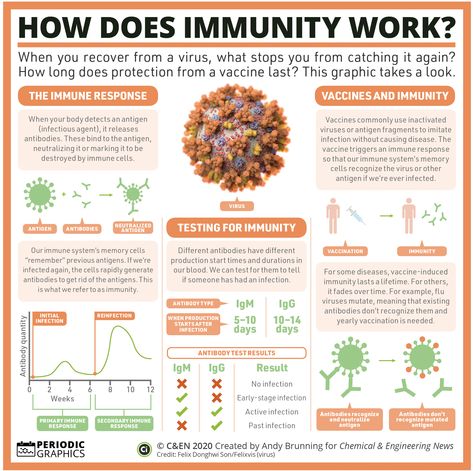
Of course, I cured Masha’s runny nose, but I still managed to get vaccinated no earlier than 9 months, that is, for more than three months Masha “caught” any infection almost every two weeks, though not with such a high temperature.
So, the question is: should Masha's immunity be strengthened?
Answer: in principle, it is not possible to increase or strengthen the immunity of a 6-month-old baby, because there is simply no immunity as such, there is nothing to strengthen.
I will give a small piece from my lecture for third-year students. In childhood, from birth to 16 years, 5 (five) critical periods in the development of the immune system are conventionally distinguished. This is done because during certain periods of a child's life, the immune system undergoes such strong changes, comparable, perhaps, with the stress that the child's body experiences at birth.
The first critical period of the immune system is understandably the first month of a child's life. True, if pregnancy and childbirth proceeded without serious pathology, then just during this period the child’s body is quite reliably protected from infections by maternal immunity, and this “freebie” lasts until about 5-6 months, when congenital maternal antibodies from old age break down into molecules, and the child is left alone with the sources of infection surrounding him, and if there are two sources, as in this example, and this one also has a tail, then, as you remember, it was at the age of 5.5 months that I had the good fortune to meet the girl Masha.
True, if pregnancy and childbirth proceeded without serious pathology, then just during this period the child’s body is quite reliably protected from infections by maternal immunity, and this “freebie” lasts until about 5-6 months, when congenital maternal antibodies from old age break down into molecules, and the child is left alone with the sources of infection surrounding him, and if there are two sources, as in this example, and this one also has a tail, then, as you remember, it was at the age of 5.5 months that I had the good fortune to meet the girl Masha.
The next critical period for immunity is the second year of a child's life, mainly due to the fact that the child begins to walk and greatly expands his infectious contacts.
But the fourth critical period usually occurs at the age of 4 - 5 years, when, firstly, the composition of the leukocyte blood formula changes greatly in the child, and secondly, he begins to attend kindergarten (now many children plunge into the team for the first time after three years), and in the third - at the age of 4 - 5 years, there is a peak in the development of adenoids - those same lymphoid glands that are located retronasally (that is, behind the nasal choanae) and, with their strong increase, lead to snoring, nasal congestion and night cough.
And finally, it is necessary to mention the fifth crisis period for the child's immune system - this is adolescence, which is caused by a sharp rise in male sex hormones in children of both sexes, which on the outside is manifested by abundant acne on the face of adolescents and a frequent, sudden decrease in immunity after being transferred on the legs , say, tonsillitis or pneumonia (then skip school - ay-ya-ya-yay, it’s impossible, the exam is on the nose!).
So, parents need to understand one thing: it is impossible to strengthen the immunity of a child with the help of chemotherapy drugs, you can only harm him if you take some means without understanding and without proper control by an allergist-immunologist.
The best way to strengthen the immune system is a daily routine, proper nutrition and vitamins. That's it, here are three whales on which the child's immunity rests.
As for vitamins, now there is some strange trend among some pediatricians, not to prescribe vitamin D to a child, especially when he is breastfed?! I’m not saying that with such a “makar” you can bring things to rickets (trooper’s legs, occipital tubercles, sunken chest, etc. ), but not only the growing musculoskeletal system of the child suffers from a lack of vitamin D, but also including the developing immune system. According to modern scientific data, vitamin D in a preventive dosage (if everything is fine) should be given to children under 3 years of age at least.
), but not only the growing musculoskeletal system of the child suffers from a lack of vitamin D, but also including the developing immune system. According to modern scientific data, vitamin D in a preventive dosage (if everything is fine) should be given to children under 3 years of age at least.
By the way, about folk remedies for strengthening immunity: I personally am completely for it, the main thing is not to overdo it. Still, the plant materials that usually underlie such recipes can also be 100% unsafe, so even folk remedies should be prescribed by a specialist doctor who has additional training in herbal medicine (herbal treatment).
Regarding homeopathy that is fashionable now: I repent, I am a sinner, sometimes I prescribe, but only because of the adherence to the Hippocratic commandment, do no harm when I see that the child does not need any immunomodulators at all, but the parents are very insistent, and by the way, in such cases it really helps, this homeopathy, but if something serious, then I do not advise.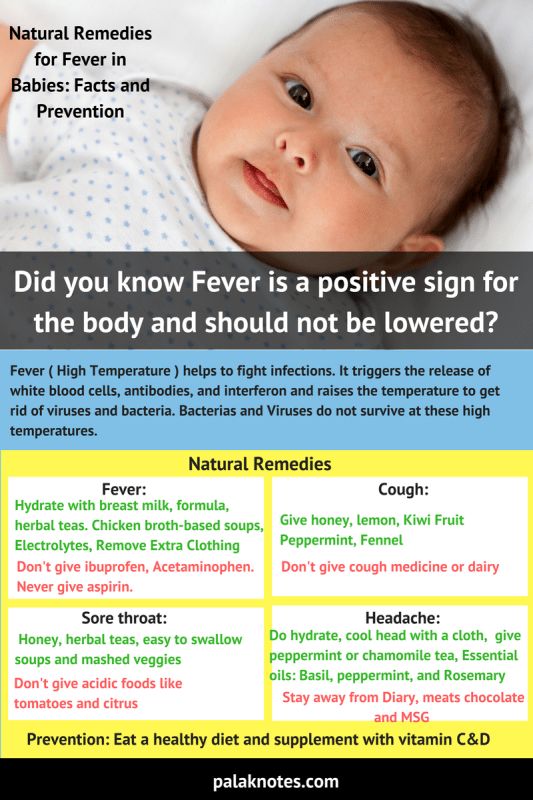
From folk remedies - perfectly strengthen the immune system: sea buckthorn oil or syrup from fresh frozen berries, infusion of dry rose hips: 5 grams of rose hips + 5 grams of dried rowan berries, pour 200 ml of boiling water and leave for 2 hours, strain, dilute 1 to 1 with water , add sugar syrup to taste. But the first experience should be very careful: no more than 2.0 ml at a time for the first 2-3 times.
Influence of vaccinations on immunity
There will be a separate article on this topic, but the answer to the main question will always be unambiguous. Vaccinations should be done, as it is written in the mandatory vaccination calendar, starting from the age of 3 months, precisely because the older the child, the higher the risk of complications due to his greater susceptibility to viral and other infections. It makes no sense to postpone vaccinations for an older age, except in cases where the medical withdrawal is due to medical contraindications.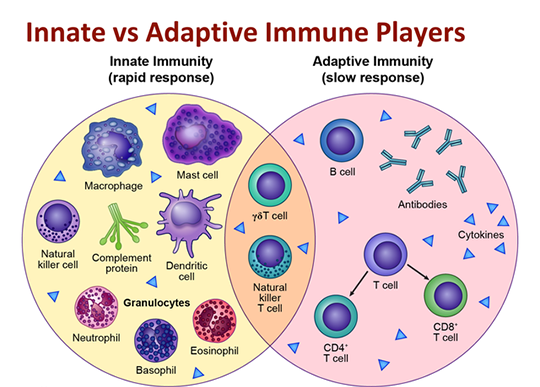 The main principle: a healthy child should be vaccinated. For the girl Masha from the beginning of this article, this happy period began at 9months, and her competent and responsible mother immediately ran to get vaccinated as soon as the child's condition and tests allowed it.
The main principle: a healthy child should be vaccinated. For the girl Masha from the beginning of this article, this happy period began at 9months, and her competent and responsible mother immediately ran to get vaccinated as soon as the child's condition and tests allowed it.
As for specific recipes on how to strengthen the immunity of a child, it is not possible to describe them in one article; in each individual case, a face-to-face consultation with an allergist-immunologist is required and an additional laboratory examination is possible. The main thing to understand is that a good pediatrician will never prescribe a bunch of drugs to a child from the first audience, it always takes time to observe the child in dynamics, preferably with one specialist, before a decision is made on immunocorrection.
Immunity of the child. How to increase the child's immunity? › Clinic "Forpost"
Before you think about how to increase the child's immunity, make sure that this is not a congenital disorder!
In children, before trying to increase immunity, it is necessary to determine whether this disorder is congenital.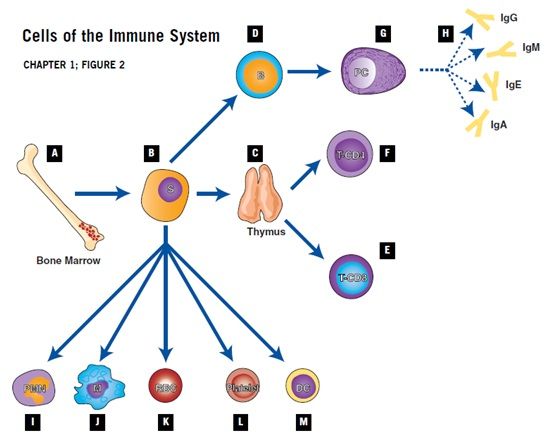 It is in childhood that a disease such as congenital immunodeficiency manifests itself. Parents often noticing some problems with the baby’s health (frequent colds in a child, it takes a long time to recover, weak, etc.), assuming that weak immunity is the culprit of all this, they try by all means to increase it. And if you stimulate the immune system against the background of some kind of congenital pathology, then this can lead to unforeseen consequences. And not only will it not strengthen the immune system, but it will also harm. Stimulating and spurring a child's weakened and depleted immunity will only lead to even greater exhaustion and failure in his work.
It is in childhood that a disease such as congenital immunodeficiency manifests itself. Parents often noticing some problems with the baby’s health (frequent colds in a child, it takes a long time to recover, weak, etc.), assuming that weak immunity is the culprit of all this, they try by all means to increase it. And if you stimulate the immune system against the background of some kind of congenital pathology, then this can lead to unforeseen consequences. And not only will it not strengthen the immune system, but it will also harm. Stimulating and spurring a child's weakened and depleted immunity will only lead to even greater exhaustion and failure in his work.
Indications for visiting an immunologist:
- the child has ARVI more than 6 times a year;
- complications occur after colds;
- baby suffers from allergies;
- the child has a herpes rash on the lips;
- more than once the child had purulent otitis media or pneumonia, etc.

If persistent disorders occur for more than half a year or a year, it is important for the child to have an immunogram. It is advisable to conduct an immunogram for a child after 3 years, then it already better reflects the state of the child's immunity and becomes informative.
How to raise immunity in a child with acquired immunodeficiency
So, the first thing to do in childhood is to determine the congenital or acquired functional insufficiency of the immune system in a child. In the case of a non-congenital, but an acquired disorder, more emphasis should be placed on increasing the non-specific factors that strengthen the child's immunity. There is no need to give some strong immunostimulants, immune preparations to children, as adults. Children should be approached more subtly, because children have more physiological immunodeficiency. So nature itself came up with the idea that the child's body should get acquainted with all infections and it is easier to endure them in childhood.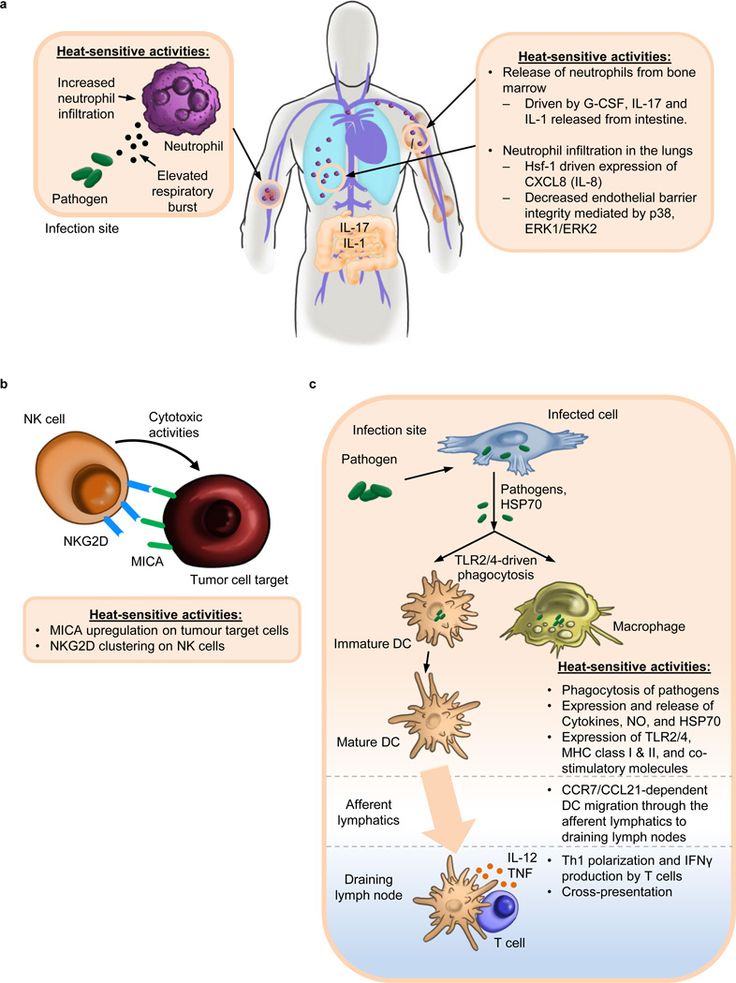 Everyone knows that it is better to get chickenpox just in childhood. After all, children are much easier to tolerate high temperatures than adults.
Everyone knows that it is better to get chickenpox just in childhood. After all, children are much easier to tolerate high temperatures than adults.
Recommendations: how to strengthen the immunity of a child
After examination and laboratory tests, if the immune system is stimulated, then more by physiological methods. This applies to the daily routine, child nutrition, hardening, drugs that provide additional protein for the immune system.
In extreme cases, with more persistent disorders, immunomodulators or immune preparations with a substitution purpose are appropriate (viferon is a ready-made interferon for a certain period of time to support the child’s immune system, nucleinate is a protein donor, etc.) There are many immunomodulators , which increase the activity of the immune system and strengthen the body's ability to resist infections.
However, the main thing that parents should understand is that immunotherapy should not become a platform for experiments on their own child. You can take such drugs only as prescribed by a doctor and after the fact of immunodeficiency or any disorder in the immune system is established on the basis of an examination of the baby and a study of the results of his laboratory tests.
You can take such drugs only as prescribed by a doctor and after the fact of immunodeficiency or any disorder in the immune system is established on the basis of an examination of the baby and a study of the results of his laboratory tests.
Natural stimulants of the child's immunity
These are hunger, cold and physical activity. Extremism is unacceptable in none of the three indicated directions - there is no need to deliberately starve a child, overload it with physical exercises or force it to freeze. But something else is more important: the opposite actions (excessive food and heat, restriction of motor activity) very quickly lead to suppression of the immune system (frequent infectious diseases) or to perverted immune reactions, that is, it seems to react, but not as it should (allergic or infectious-allergic diseases).
The correct daily routine will help increase the child's immunity.
Every child has a significantly accelerated metabolism compared to adults. Therefore, on the one hand, the child is depleted faster, and on the other hand, it recovers faster than an adult. The excretory organs work better, everything in the body of children works faster, burns out faster, but new things are born faster.
Therefore, on the one hand, the child is depleted faster, and on the other hand, it recovers faster than an adult. The excretory organs work better, everything in the body of children works faster, burns out faster, but new things are born faster.
Sufficient sleep helps to strengthen the immune system of the child
For strong immunity, a child needs to sleep twice a day: at night and during the day, while sleeping longer at night than adults. During sleep, children grow better because the metabolism during sleep in children remains faster than in adults. Proper rest affects the cells of the immune system and helps to increase the immunity of the child.
Rational and proper nutrition will strengthen the child's immunity
The child's nutrition should be more frequent, because the enzymatic system is still immature, it cannot digest and assimilate a lot of food at one meal. Therefore, the child should not be overfed, he must be given food in small portions, but more often than an adult. And food should be more varied, contain more vitamins, because of the same accelerated metabolism. Therefore, to strengthen the child's immunity, it is necessary that the body has enough vitamins, trace elements, proteins and other useful and necessary substances. Remember that the child is also still growing and he needs to add in body weight.
And food should be more varied, contain more vitamins, because of the same accelerated metabolism. Therefore, to strengthen the child's immunity, it is necessary that the body has enough vitamins, trace elements, proteins and other useful and necessary substances. Remember that the child is also still growing and he needs to add in body weight.
Good functioning of the digestive system is directly related to a strong and healthy immune system. After all, about 60-70% of immune cells are in the gastrointestinal tract! It becomes clear that proper nutrition in the formation of powerful immunity in a child plays an important role.
Hardening is an excellent way to increase the child's immunity
In children, as in adults, there are a lot of receptors on the ears, palms and soles, which are connected with the whole body. If you irritate and create some extreme conditions for these receptors, they will give a message or impulse to combat readiness in all organs and systems, including the immune system.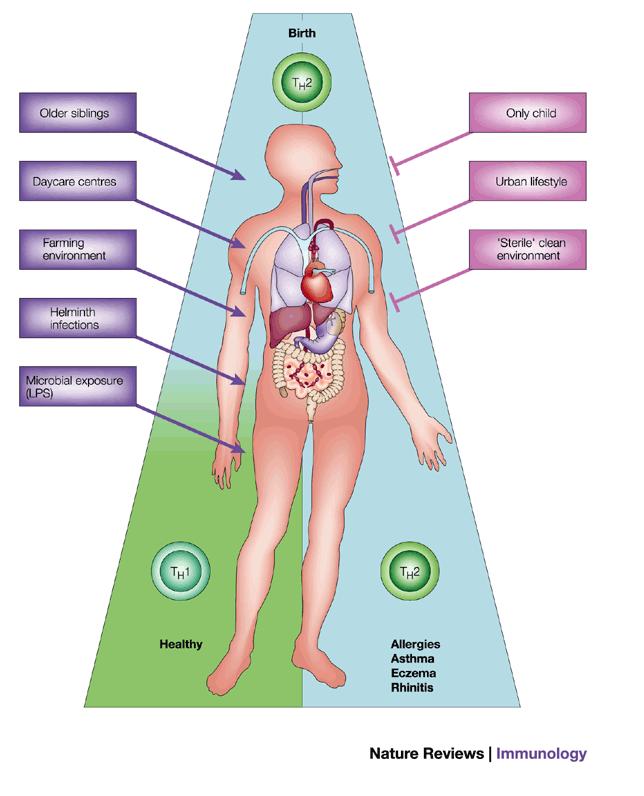
What is the essence of hardening in strengthening the immunity of a child
Most people are sure that hardening is accustoming to the cold. For example, walking in the snow in shorts, etc.
In fact, the essence of hardening is to train the mucous membranes to quickly respond to a sharp change in temperature. After such training, the mucous membranes become a serious obstacle to a viral infection.
How to harden a child in order to strengthen the immune system?
Simple workout - alternating "treatment" with cold and hot water of the forearms - from the hand to the elbow, from the feet to the knee. Let's define the water temperature: cold - +20 °C, hot - +35 °C. Both of them cannot cause negative feelings in the child. And contrast plays a role in hardening. In this case, the same “tolerable” difference of 15 ° C. Douching should be done daily - 5-7 minutes a day. It doesn't matter if it's morning or evening. But for a very long time - from autumn to the end of spring.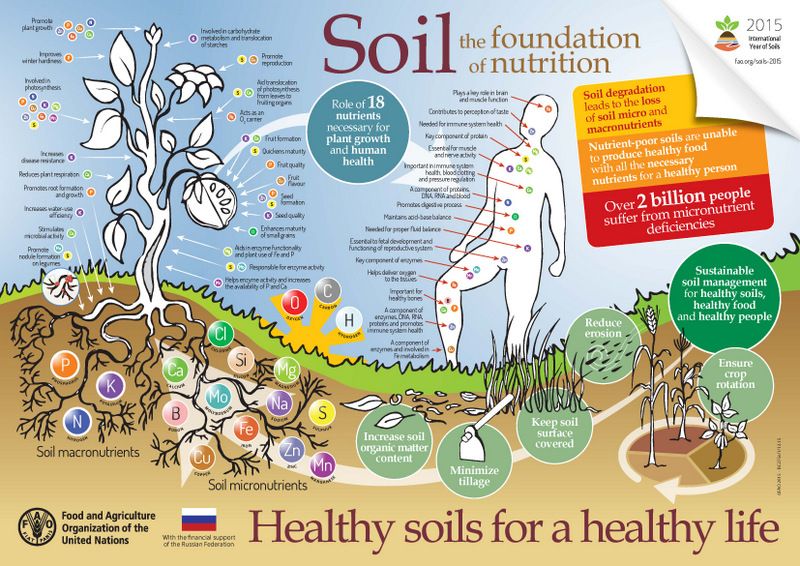
During this alert, stress hormones are produced. These hormones tone the blood vessels and the entire body to combat readiness. Constantly the immune system and the body cannot be in this state and produce stress hormones. But there are people who have a lack of these hormones, and it is also useful for people who sleep for a long time, move little and are emotionally sluggish.
The psychological state of the child is an important factor in healthy immunity
The psychological factor is very important, the mood greatly affects the state of the child's immunity. Again, through stress hormones: positive emotion is also stress, negative emotion is also stress. When a child is not noticed, not given food for development, this negatively affects his immune system. It is important to train the child's resistance to stress, which will later affect the stability of the immune system. This is also a kind of immune stimulation.
Aiming at health will increase the child's immunity
By elevating an ordinary acute respiratory disease to the rank of an emergency, one can involuntarily instill in a child that he should be sick.







